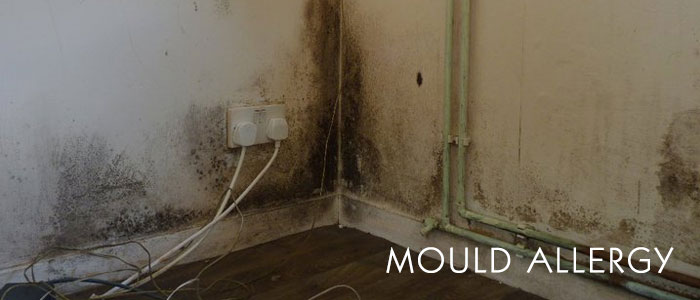
MOLD ALLERGY
If you have a mold allergy, your immune system overreacts when you breathe in mold spores. This triggers a cascade of reactions that lead to allergic symptoms. Like other allergies, a mold allergy can make you cough, make your eyes itch and cause other symptoms that make you miserable. In some people, mold allergy is linked to asthma and exposure causes restricted breathing and other airway symptoms.
Symptoms
Mold allergy causes the same signs and symptoms that occur in other types of upper respiratory allergies. Mold allergy symptoms can include:
• Sneezing
• Runny or stuffy nose
• Cough and postnasal drip
• Itchy eyes, nose and throat
• Watery eyes
Mold allergy symptoms vary from person to person and range from mild to severe. You may have year-round symptoms or symptoms that flare up only during certain times of the year. You may notice symptoms when the weather is damp, or when you're in indoor or outdoor spaces that have high concentrations of mold.
Mold allergy and asthma
If you have a mold allergy and asthma, your asthma symptoms may be triggered by exposure to mold spores. In some people, exposure to certain molds can cause a severe asthma attack.
Signs and symptoms of asthma include:
• Coughing
• Wheezing
• Shortness of breath
• Chest tightness
Causes
Like any allergy, mold allergy symptoms are triggered by an overly sensitive immune system response. When you inhale tiny, airborne mold spores, your body recognizes them as foreign invaders and develops allergy-causing antibodies to fight them.
After the exposure has passed, you still produce antibodies that "remember" this invader, so that any later contact with the mold causes your immune system to react. This reaction triggers the release of substances such as histamine, which cause itchy, watery eyes, runny nose, sneezing and other mold allergy symptoms.
Molds are very common both inside and outside. There are many types, but only certain kinds of mold cause allergies. Being allergic to one type of mold doesn't necessarily mean you'll be allergic to another. Some of the most common molds that cause allergies include alternaria, aspergillus, cladosporium and penicillium.
Asian diagnostics is the first and only center in the state where in-vitro tests are being carried out.

